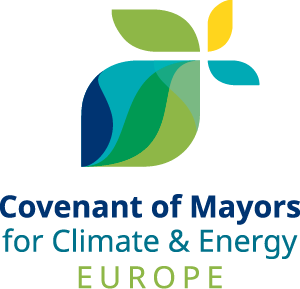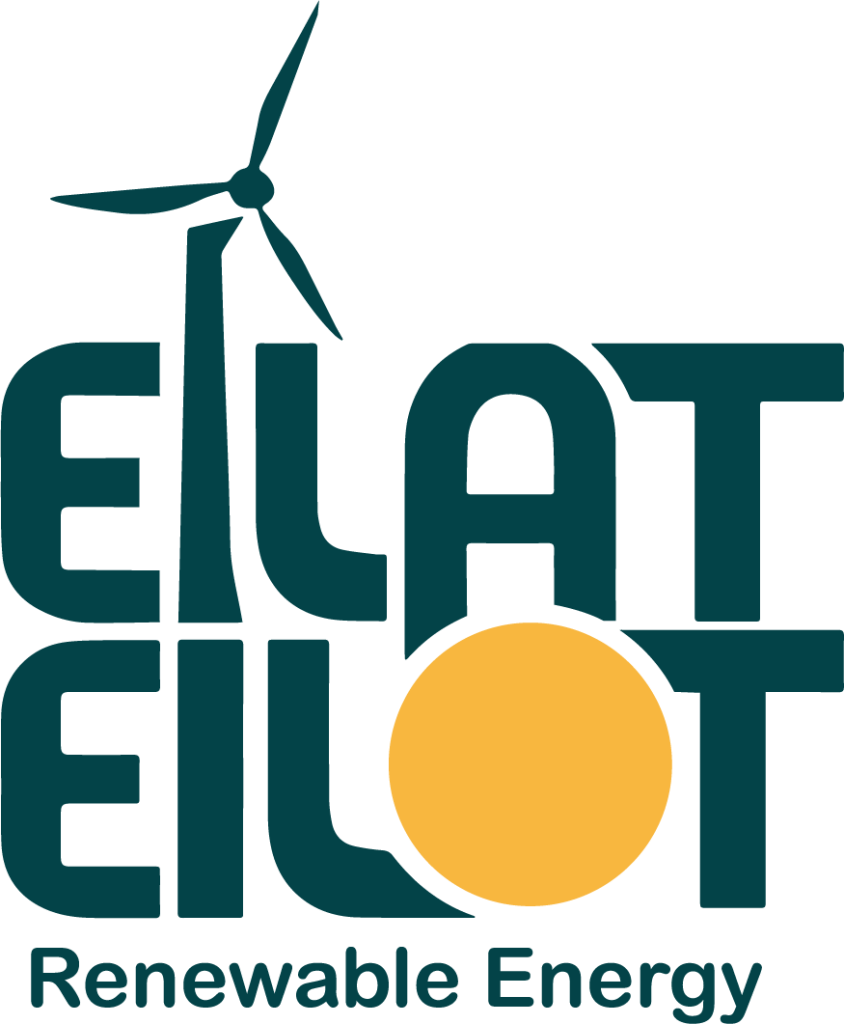
Eilat - a Smart City
Eilat is striving to reduce pollution and energy costs for the benefits of its residents.
Eilat is Israel’s southernmost city and the country’s only outpost on the shores of the Red Sea, which it shares with three other nations: Jordan and Egypt, which both have a land border with the city, and Saudi Arabia, whose shores are clearly visible from the mountains around Eilat and its southernmost beaches. Eilat offers a wealth of options, attractions, and activities and is suitable for several types of vacations. The Red Sea is, of course, the main draw, as Eilat boasts the most beautiful beaches in Israel. Under the surface of the sea hides a rich kingdom it’s easy to fall in love with – colorful, fascinating fish, corals, and other living creatures. Eilat is home to the northernmost coral reef in the world
Eilat is striving for citywide carbon neutrality. Operating the eight Horizon and ENI projects that focus on renewable energy, transportation, urban resilience, wastewater, and net-zero buildings, Eilat aims to become the Silicon Valley for renewable energy in Israel and the world. 100% of the city’s daily consumption is currently generated by solar PV, and= 100% usage 24/7 is expected by 2030. Home to 68,000 residents and 3 million tourists a year, one of the challenges faced by the city is the tourist district, which is a high-energy consumer. The city also expects a rise in energy demand due to the assimilation of electric cars and global warming.
The following is a brief description of the projects the city is working on

EU Mission
Recently, The city was selected by the European Union as one of 100 cities to become smart and climate neutral by 2030. The plan will provide close supervision of the regulatory, financial, and technological aspects, in which a clear, organized multi-year work plan for energy, smart transportation, construction, and waste will be submitted by 2030. The process will include public involvement alongside collaboration with research bodies and the private sector from Israel and Europe
leonardo
Micro-vehicle for stand-alone and shared mobility. The project aims to analyze citizens’ driving by using 100 micromobility vehicles and charging battery sharing stations at strategic locations.
TOUR ZER0°
TourZero will showcase accelerated decarbonisation in the tourism industry in Eilat, via the nexus of green innovation, crosssectoral governance and systemic capacity building. This pioneering action employs a multifaceted approach designed to drive a systemic transformation in the tourism industry. The total GHGs reduction over the two years of TourZero is estimated at 58,469 tonC02eq, accounting for 13% of the city’s emissions, projected to steadily rise each year.
RISK PACC
lntegrating risk perception and action to enhance civil protection-citizen interaction so that if an earthquake occurs, small-scale areas will know how to control their site. The project aims to understand and find a solution to the unpreparedness of our volunteers in their own homes for an emergency situation despite having all the requisite training.
Melodizer
Energy Independent Desalination technology was developed by the Polytechnic University of Torino.
The technology will be demonstrated in the educational environment on the shores of the Red Sea and at the International Birding and Research Center -to turn salty water into drinking water
CulturalRoad
Leveraging participatory planning to incorporate cultural and geographical diversity into more equitable Cooperative, Connected and Automated Mobility (CCAM) deployment strategies and increase societal acceptability across different regions in Europe and Worldwide. The Eilat municipality aims to use CCAMs to improve regional mobility without recurring to an expensive and possibly unnecessary expansion of its current network infrastructure.
Solaris
Developing and demonstrating the effectiveness of a complete set of both physical and digital solutions for answering the PV industry needs in terms of improved forecasting and operational performance as well as better maintenance, and hence higher profitability of PV systems.
Pre Cure
Use of pre-commercial renewable technologies in six pilot sites around Europe and Israel to plan retroftting 21,000 buildings across Europe.
Project O
Demonstration of integrated and symbiotic use of water, based on the needs of different users and wastewater producers, involves regulators, service providers, civil society, industry, and agriculture.
The Municipality of Eilat is one of the project’s main demo sites
Muse Grids
Demonstration of local energy grid interaction to achieve local energy independence via enduser-driven control strategies, smart grid functionality, storage, CHP, and RES integration. The Municipality of Eilat is participating as a virtual demo site that will operate a tool to validate the option to disconnect an area in the city from the electrical grid so that it can operate in “island mode”.
Berlin
(Funded by ENI CBC MED)
Project serves two objectives, the first being the development of the technological capacity to disconnect public buildings from the electrical grid to achieve energy independence. The second is an understanding of the differences between the two pilot sites in Israel, with one being old school and the other a state-of-the-art green technological building.

International Support
‘Eilat Smart City’ project is part of the city’s commitment to the – covenant of mayors for climate and energy. This covenant brings together local authorities voluntarily committing to implementing the EU’s climate and energy objectives on their territory.
So far the covenant has been signed by more than 6,800 regional leaders. This number is updated daily in the official covenant website. Among the signatory is of course Mr. Meir Yitzhak Halevi, Eilat’s mayor.
Working under the covenant of the mayors agreement, means Eilat is executing all energy efficiency projects under international standards.
Additionally, Eilat is working in cooperation with Ben-Gurion university to produce emissions reports. The reports used to create a base level of reference to all upcoming efficiency projects and emissions measurements. The city will analyze the highest carbon polluted areas of the city and detect realistic emission reduction goals. All while keeping in mind the long term goal of a 100% emissions free city.
